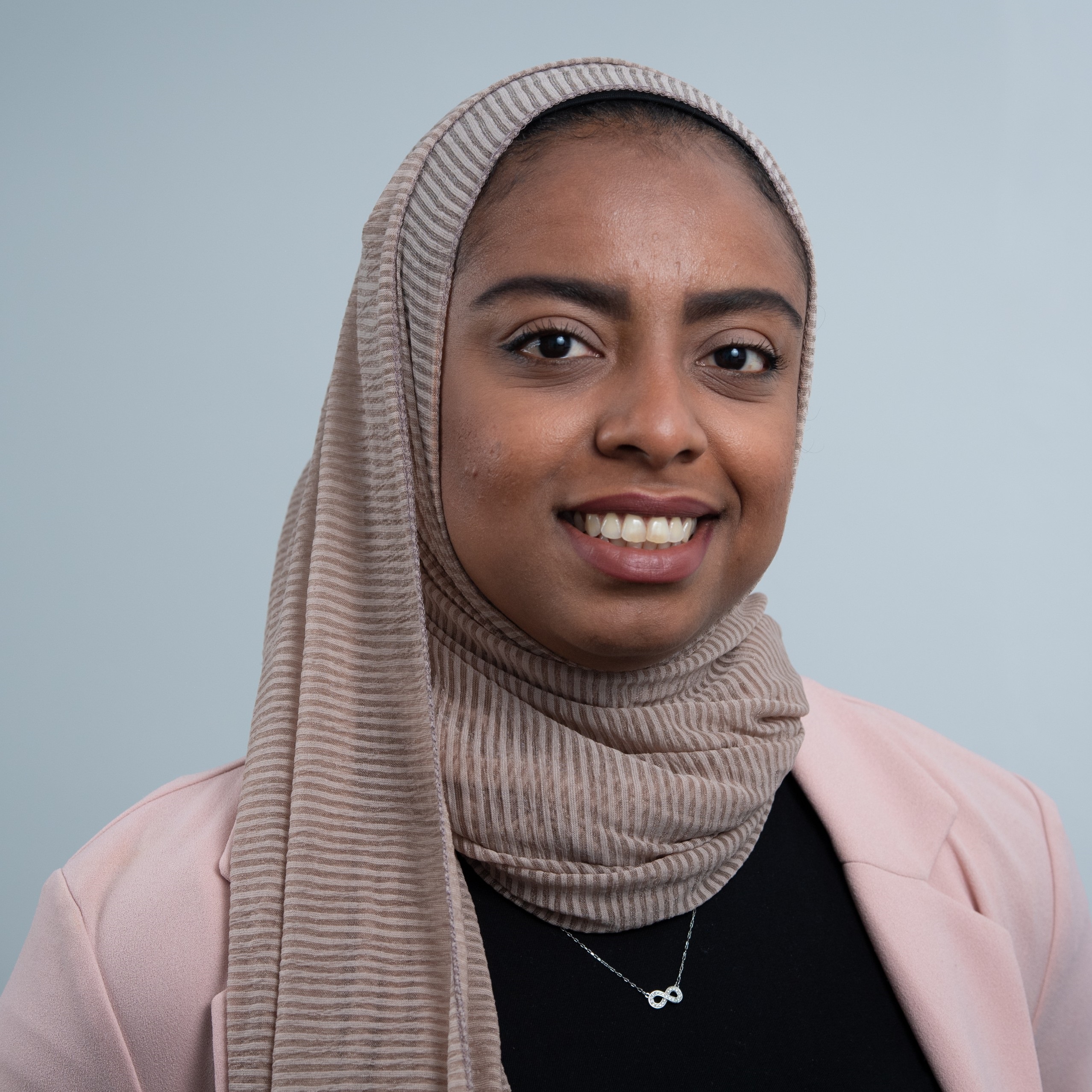
Qutba Al Ghafri
Qutba Al Ghafri is an international PhD student at King’s College London who is funded by the Omani Ministry of Higher Education, Research, and Innovation. Her research is on the barriers and facilitators to accessing drug treatment services for people who use drugs in Muslim communities, with a focus on Oman, using qualitative methods. She graduated with a Master’s degree in addiction sciences from King’s College London in 2017.
Prior to her PhD, in Oman, she worked as an academic at Oman College of Health Sciences, and worked with clients at the substance misuse unit and the behavioural medicine clinic. After the PhD, she is aiming to contribute to the drug addiction treatment practice and policy in Oman.
Qutba’s research interests is on drug addiction, people who use/inject drugs, women who use drugs, drug addiction in Muslim communities and stigma.
Barriers and facilitators to accessing inpatient and community substance use treatment and harm reduction services for people who use drugs in Muslim communities: A systematic narrative review of studies on service users and providers experiences
Delegate Poster Prize-winner (student-led), 2022: Best visual design
Background
In many countries people who use drugs (PWUD) find it difficult to access treatment services because of the social stigma and the negative attitude of the health professionals (Gilchrist et al., 2014). PWUD in Muslim communities face particular kinds of stigma where the culture is conservative (Arfken & Ahmed, 2016). This review seeks to explore the barriers and facilitators to accessing treatment and harm reduction services for PWUD in the Muslim world.
Methods
The review was conducted in accordance with PRISMA and registered prospectively on PROSPERO. Seven databases were searched using three key concepts: drug addiction, Islam and treatment access, including quantitative, qualitative, and mixed methods studies conducted on Muslims who use drugs.
Results
Key themes included: Meta theme: Stigma. This included 2 themes: Theme 1: Psychosocial: individual disposition, privacy, social support, Islam, and women who use drugs. Theme 2: Organizational: affordability, services implications, awareness, service providers, narcology registration, and interaction with the police. Although the findings were similar to other studies in secular countries. Based on the theories of individualism vs collectivism the origin of these barriers and facilitators explains the difference. Also, the impact of Islam on barriers and facilitators varies in the Muslim world.
Conclusion
This narrative review gives an insight to how barriers and facilitators to access drug treatment and harm reduction services are similar or different for PWUD in the Muslim world. It shows how stigma impacts psychosocial and organizational factors with the emphasis of how diverse the Muslim world in the implication of drug use services.